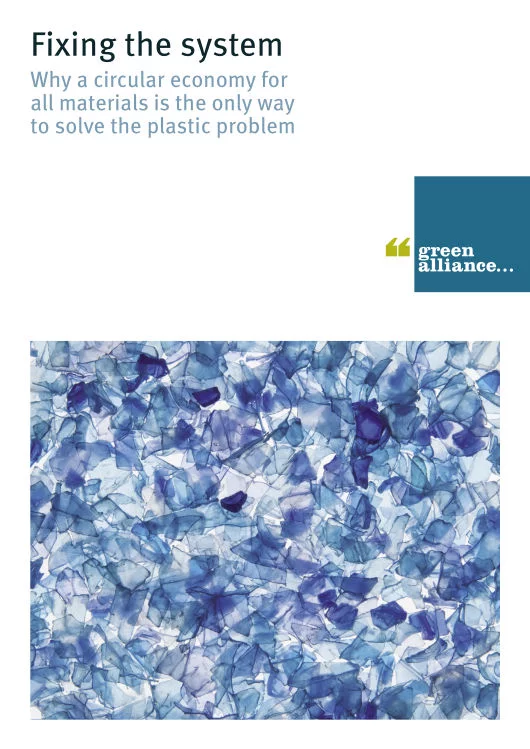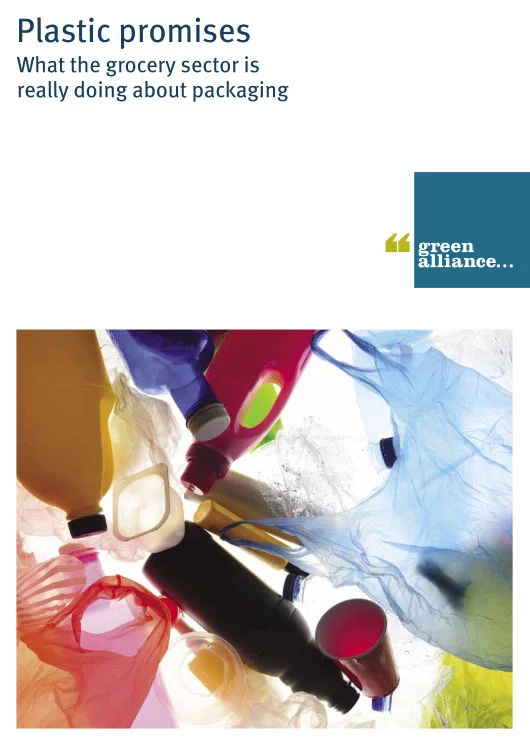Overview
Effective resources policy should ensure everyone’s needs are met without exceeding planetary boundaries. But current resource use is having a severe impact on the environment. Resource extraction and processing drive 90% of biodiversity loss and account for over 55% of global emissions. Wealthy countries like the UK are consuming more than their fair share and placing unsustainable demands on the planet’s limited resources.
By using materials more efficiently, reducing overall material demand, and adopting circular business models, the UK can make substantial progress.
Our work explores the policy solutions needed to make this a reality, helping the government recognise the risks of inaction and demonstrating how to best shape resource policy to maximise benefits for the environment, people, and the economy.
Advocating for ambitious resources policy

Ambitious resource policy has not been a political priority for the UK government, and progress has repeatedly stalled. Our core work on resources focuses on shifting this political landscape and exploring practical policy solutions to bring resource use within planetary boundaries.
While much of our research on achieving a circular economy is delivered through our Circular Economy Task Force, our broader resources work has covered areas including the wider impacts of circular economy policies, the political barriers to ambitious resources policy, and resource reduction targets.
Read our most recent reports:
Cross sector collaboration

We are committed to working across the environmental sector, with businesses, and with groups from diverse sectors on urgent resource related issues, convening stakeholders to drive impactful campaigns.
In 2022, we brought together environmental and health groups to cosign a letter to the government, highlighting the escalating threat of disposable vapes to children’s health and the environment and calling for a ban. At that time, two devices per second were being discarded in the UK, wasting enough lithium to power 1,200 electric vehicles. By maintaining pressure through this coalition, we successfully secured a ban.
Academic collaboration on resource efficiency policy

Improving the efficiency of resources could save up to 28% of the UK’s total CO2 emissions. Public buy-in will be an important part of the success or failure of innovative proposals to improve resource efficiency, so policymakers’ decisions should be informed by evidence on public attitudes and engagement.
In conjunction with the school of psychology at Cardiff University and members of the CIE-MAP consortium, we worked with key decision makers to set out which resource efficiency policies cut the most emissions and are the most popular with the public. Significantly, we found that measures offering the biggest carbon savings, and over which the government has most control, are those that are most popular with the public.
Read our reports:
We show that improving the use of resources in five key sectors could make a major contribution to meeting future carbon targets.
We recommend that the government sets up sector specific ‘resource efficiency partnerships’. These could agree benchmarks, identify and spread innovative ways to increase resource efficiency and ensure the most is made of this major opportunity to cut UK carbon emissions.
We present findings from research carried out by CIEMAP on public attitudes towards policies intended to improve resource efficiency.
Explore further
Critical point: securing the raw materials needed for the UK’s green transition
30 November, 2021
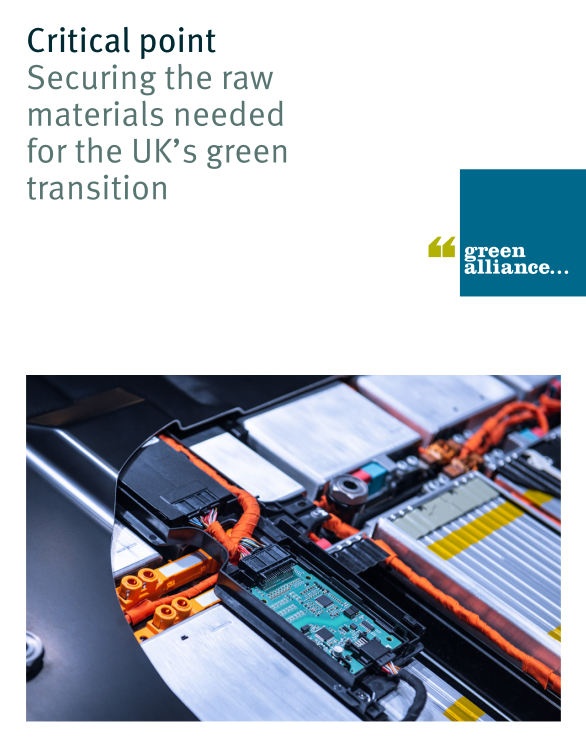
Targeting success: why the UK needs a new vision for resource use
29 March, 2021
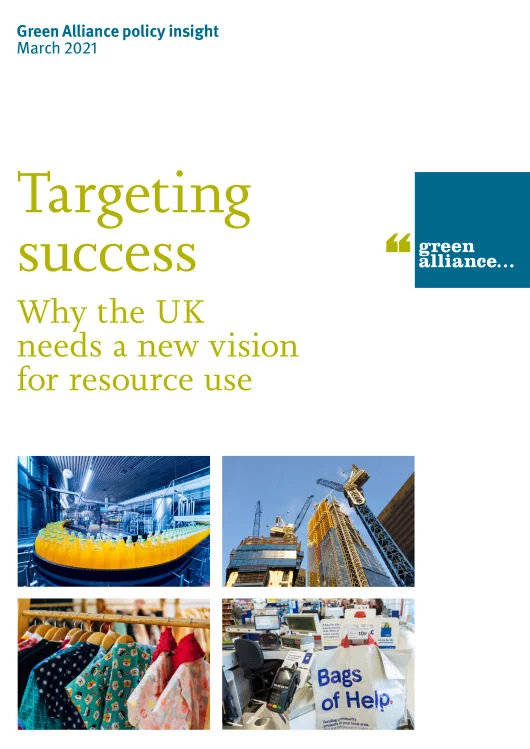
Design for a circular economy: reducing the impacts of the products we use
5 November, 2020
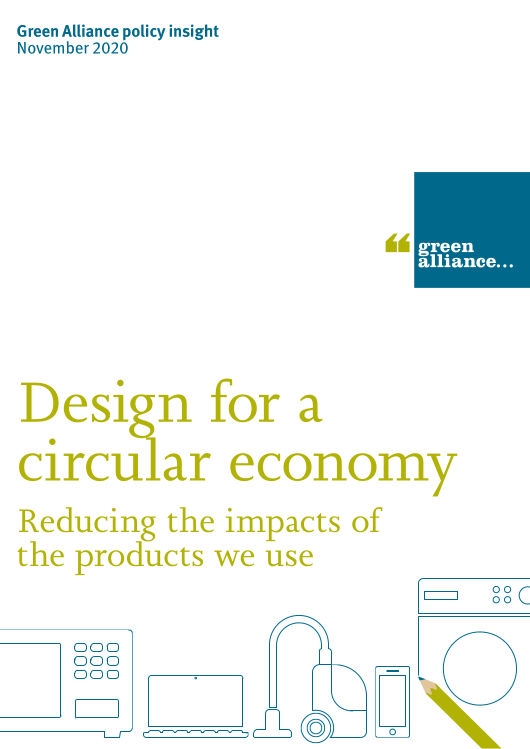
How do we stop our resource use driving climate change and biodiversity loss?
29 March, 2021
